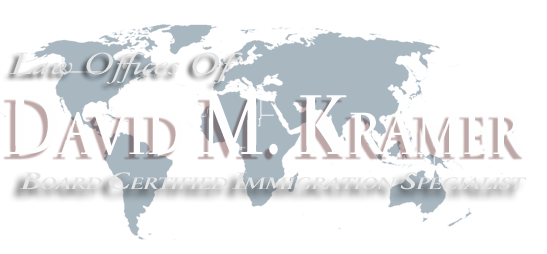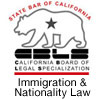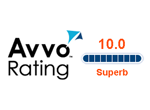Temporary Work Options
Temporary Work Options for Nurses
Some nurses could qualify for H-1B visa status if their positions required at least a bachelor’s degree. However, many nursing positions do not require a bachelor’s degree, making the H-1B visa category somewhat difficult to obtain.
Many prospective U.S. employers apply directly for a green card for foreign nurses because there is no requirement to first obtain a labor certification from the Department of Labor. The labor certification process, which requires a very extensive test of the U.S. labor market, has been waived for professional nurses. Thus, applying for a green card option for a foreign nurse may be the preferred option.
Temporary Work Options for Doctors
There are several options available to foreign physicians seeking to come temporarily to work in the United States. Some of the more common options include the following:
– J-1 Exchange Visitor
– H-1B Specialty Occupation
– O-1 Extraordinary Ability
– TN Treaty NAFTA for Canadians and Mexicans
J-1 Exchange Visitor
Many foreign doctors come to the United States in the J-1 exchange visitor category to train in U.S. residency programs. J-1 physicians are generally certified and sponsored by the Educational Commission for Foreign Medical Graduates (ECFMG), which assesses the readiness of international medical graduates to enter residency or fellowship programs in the United States. J-1 physicians who come for medical education or training are automatically subject to the two-year foreign residence requirement. J-1 physicians must either return to their home country or country of last foreign residence for an aggregate of two years or have the requirement waived before they may change their status to H-1B or L-1, or apply for permanent residency. Doctors coming to the United States on J-1 visas for the purpose of observation, consultation, teaching, or research are not generally subject to the home residency requirements.
H-1B Specialty Occupation
The H-1B visa is available for individuals in a “specialty occupation,” which is defined as an occupation requiring at least a bachelor’s degree in a specialized field of knowledge. Physicians clearly qualify as a specialty occupation, and may be eligible for H-1B visa status. However, U.S. immigration law imposes specific criteria and license requirements for physicians seeking H-1B visas.
O-1 Extraordinary Ability
The O-1 visa category for Aliens of Extraordinary Ability has been a popular option for doctors seeking employment in the United States. Eligibility for O-1 visa status is limited to people with “extraordinary ability in the sciences, arts, education, business, or athletics, which has been demonstrated by sustained national or international acclaim.” The USCIS has increased their scrutiny of O-1 visa applications in recent years, but it still remains a viable choice for those physicians who meet the criteria.
TN Treaty NAFTA for Canadians and Mexicans
Physicians from Canada or Mexico may be eligible to enter the United States in TN visa status to teach or perform medical research. The TN visa is not available for physicians seeking to practice medicine and provide patient care in the United States. To qualify for the TN, the physician must prove Canadian or Mexican citizenship, show that he or she has earned an M.D. or Doctor en Medicina degree, and provide proof of a state or provincial medical license.












